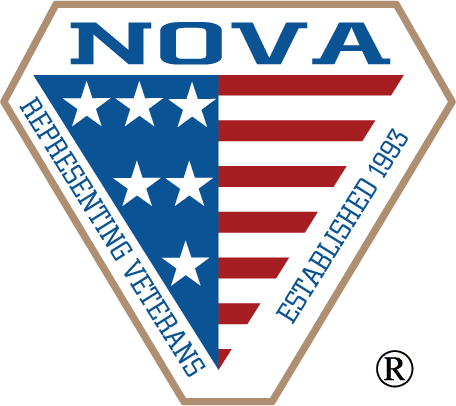For most Americans, a Fourth of July celebration is not complete without a parade, a cookout, and a nighttime sky filled with fireworks. It is a day that we can come together to celebrate our freedom in this country. While most will be celebrating, there is a group of veterans who will not be. That’s right – those who defended our freedom may not be a part of the festivities because of their hidden scars from their military service.
Veterans with PTSD can experience an onset of symptoms when confronted with stimuli that are similar to stressful in-service events. This can include flashbacks to prior traumatic events or withdrawal from others and a loss of interest in activities. Other times it can trigger hyper-arousal, which can take the form of being “jumpy” or “on edge”, excessive irritability, and outbursts of anger or violence. This can result in physical symptoms as well, such as increased blood pressure and heart rate, rapid breathing, muscle tension, and even nausea.
Fireworks from the PTSD Perspective
Although most of us may never realize it, the loud explosions and bright flashes most enjoy about fireworks may trigger PTSD symptoms in unprepared combat veterans. While no one wants to cause problems for these afflicted veterans, the problem arises because most of us simply do not understand the life of a PTSD veteran. What is fun and harmless to us can be a dramatically stressful experience for them. Unfortunately, few people are aware of this potential issue. The good news is that a non-profit group is trying to change that and help us all consider the needs of these combat veterans. Military With PTSD (www.facebook.com/MilitarywithPTSD @MilitarywPTSD) was founded by the wife of a veteran with PTSD. Among other efforts to help veterans, this group has come up with a great idea to help veterans and their neighbors both have a great July 4th.
The solution is simple: a yard sign that says “A Combat Veteran Lives Here. Please Be Courteous With Your Fireworks.” The wording is intentional. The signs don’t ask neighbors to refrain from using fireworks; even most PTSD veterans will say they do not want to be the reason others cannot celebrate fully on the Fourth. They fought hard for our freedom and want us to enjoy the day that commemorates it. The sign simply asks neighbors to communicate with their combat veteran neighbor beforehand. That way, they can prepare themselves or make other arrangements on that night. Neighbors can tell the veteran what to expect and what time the fireworks will begin. Some neighbors have even invited the veteran to join them in the celebration, which can work out fine once the veteran is expecting the fireworks and is not caught off guard. It is not necessarily the event itself that causes the distress or flashbacks; it is the unexpected nature of those events.
July 4th is just another example of the different lives lived by PTSD veterans and their families. Events that seem innocuous or even enjoyable to the rest of can be interpreted entirely differently by a veteran struggling with PTSD. Because PTSD is invisible from the outside, many would never know a veteran was suffering from this condition unless they were told. At Perkins Studdard, we represent a number of PTSD combat veterans and families in their fight with Veterans Affairs for the disability benefits they deserve. We are proud to be of service to them, and through those relationships we have come to appreciate how the lives of these veterans and their families are changed forever by PTSD.
How We Can All Help PTSD Military Veterans
Enjoy the Fourth of July. Celebrate. But, take a moment to think about how that freedom was achieved and by whom. If you do know a veteran with PTSD, let them know about Militarywithptsd.org and the signs they can get to make their Fourth a day of celebration rather than dread. After all, their sacrifice continues long after their service ends. It’s the least we can do to help.
From all of us at Perkins Studdard, Happy 4th of July.







